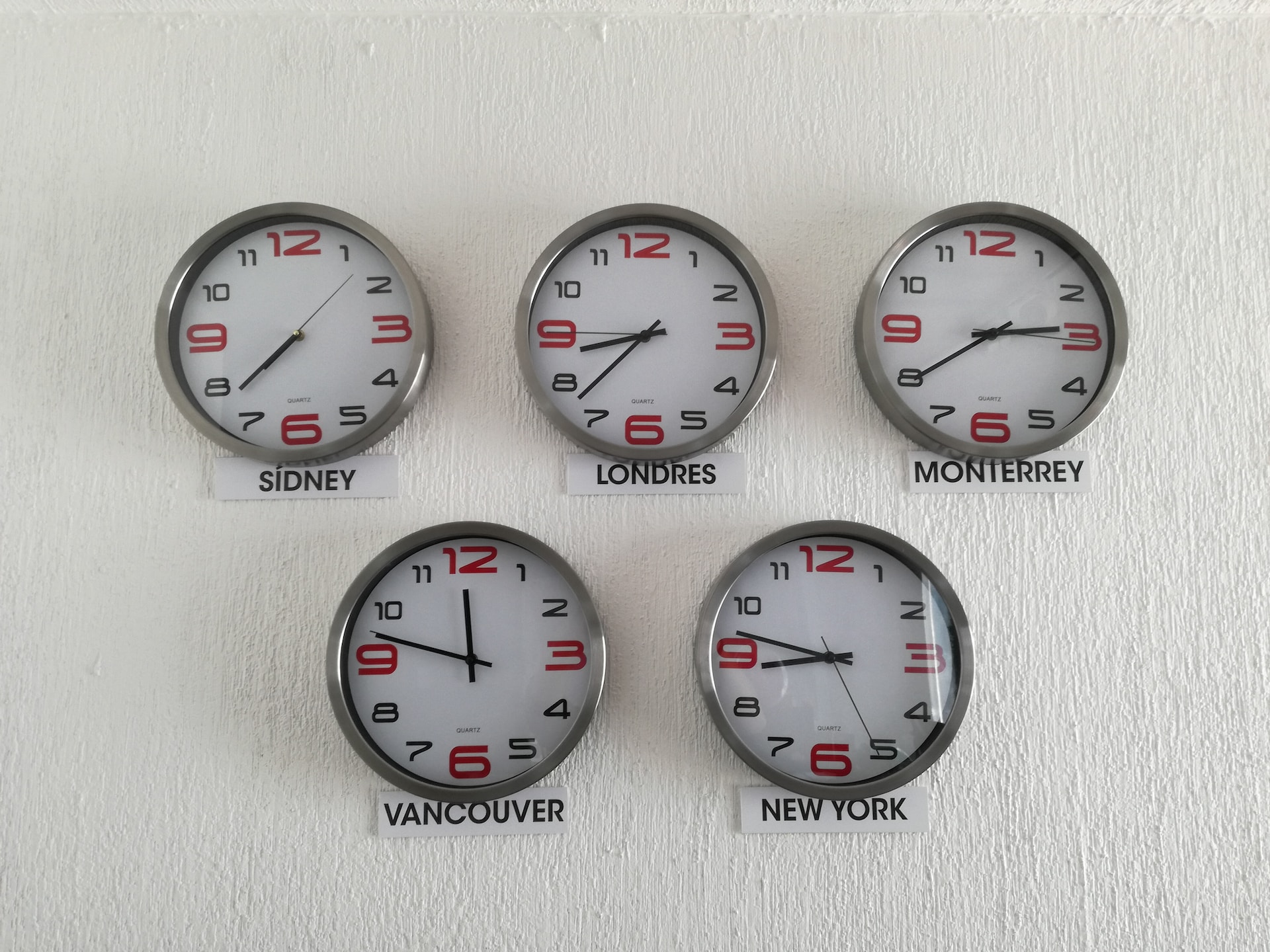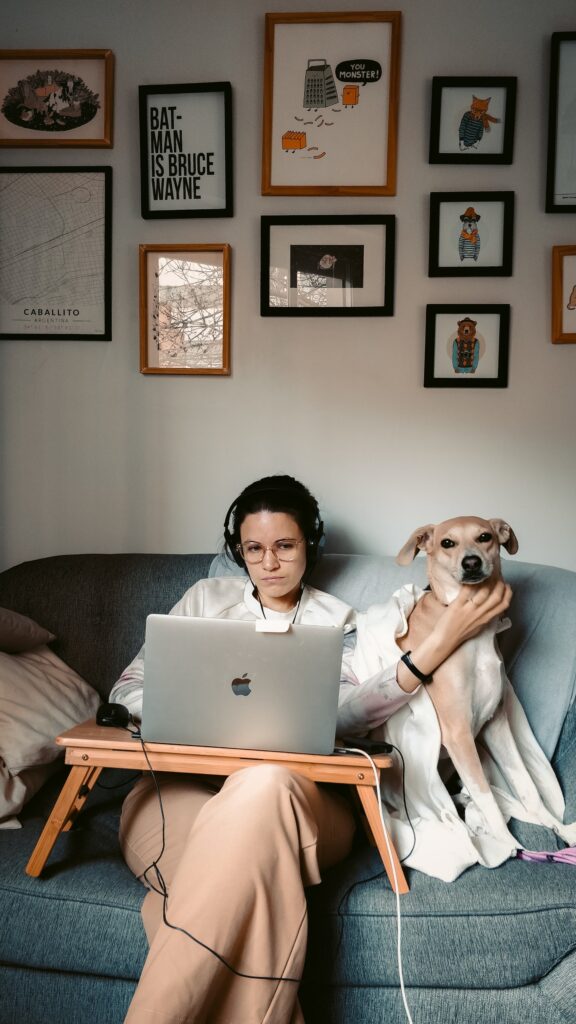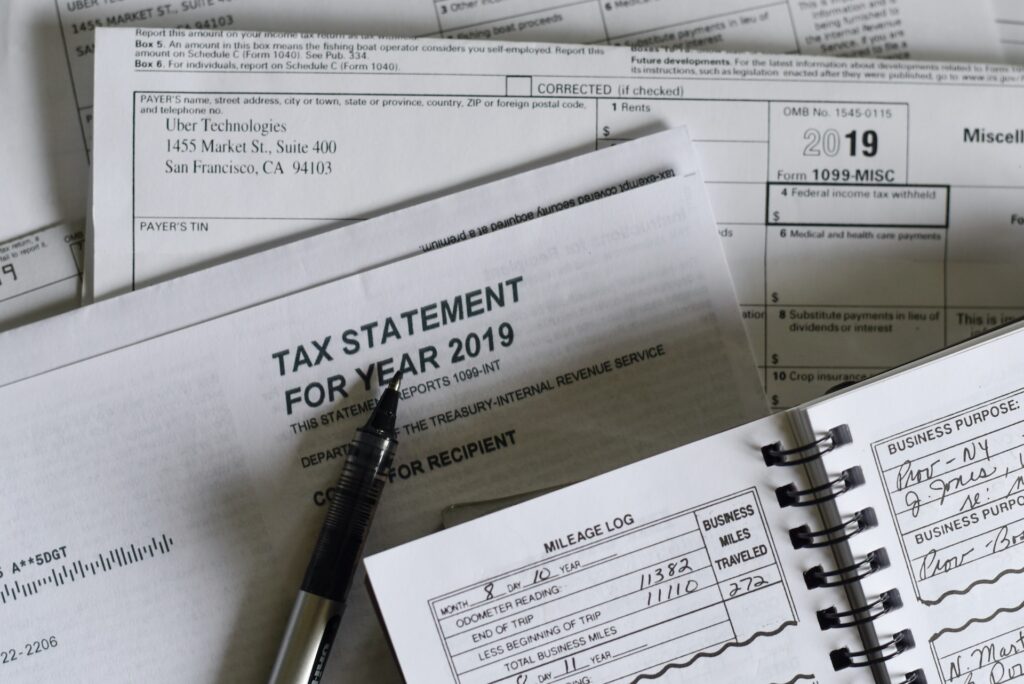In my 13-year business journey in Colombia, I’ve encountered the rewards and challenges of this vibrant market. From a rich tapestry of holidays that can be a double-edged sword to navigating the intricacies of the tax system, Colombia presents a unique landscape. The more relaxed work culture, especially in Medellin, offers a refreshing change, though I’ve occasionally yearned for a more competitive edge in my team. Despite these nuances, my business has thrived, and I’ve ventured into property investments through platforms like Airbnb, making every challenge worthwhile in this dynamic Colombian business environment.

1. The time zone
When doing business in Colombia, the first thing I think about is the time zone. Right now, we’re on Central Standard Time. But here’s the cool part: Colombia switches to Eastern Standard Time when the time changes in the United States. This is a big deal because I don’t have to be up at 4 AM or take calls at 10 PM. Being in the same time zone as my clients is super convenient!

2. Local Talent
The talent pool here has been quite impressive. I’ve never encountered significant challenges in hiring English-speaking individuals or finding people who can handle the tasks we need for digital marketing, especially in search engine optimization (SEO).

3.Improvements
In my experience doing business in Colombia, the third step concerns improvements. When I first came here 13 years ago, the process was filled with paperwork, and there was no online option to register your business with the Chamber of Commerce. But things have gotten much better.
Nowadays, you can quickly go online to register your business, which is more convenient. However, I still recommend getting help from a skilled attorney or accountant to ensure everything is set up correctly.
The downsides to doing business in Colombia

Many Holidays
One thing to remember is that Colombia has a lot of holidays, around 14 of them. This includes a two-week break for employees during December. While this is great for them, it can require some adjustment for businesses, mainly if you’re used to a different work culture where holidays are less frequent.

Taxes
Another challenge is the tax system. Personal income tax is 35 percent, and corporate tax is 35 percent. On top of that, there’s a 19 percent sales tax if you’re selling goods or services. To navigate this, it’s essential to have a skilled accountant and possibly a tax attorney to make the most of the tax benefits. Taxes can be complex for newcomers.

Work Culture
The work culture in Medellin, where I’m based, is more relaxed compared to the United States. In the U.S., there’s often a competitive drive to advance one’s career. Here, it’s more laid-back.
While I appreciate the relaxed atmosphere, as an entrepreneur, I’ve sometimes wished for more ambitious employees eager to take on leadership roles. Nevertheless, my business has thrived over the years, and I’ve expanded my ventures in Colombia, including property investments for rentals through platforms like Airbnb. Life is pretty good overall.

4. Business Entities In Colombia
I run a digital marketing company in Colombia, and it’s like an S corporation in the United States, but we call it a SAS here, which stands for Simplified Stock Company. The cool thing about SAS is that you only need one person to run it, who can also be the boss and the legal representative – no need for a board of directors. However, if you’re just starting and want to hire people in Colombia to work for you, having an SAS is better.
If you go the solo route (sole proprietorship), it can get messy, plus you won’t get those neat benefits like limited liability and business visas. I learned that the hard way! So, choosing the correct business setup is crucial.
In my case, my digital marketing company is an SAS. Some employees get bonuses and benefits, and we cover their health insurance and social security. But I also work with independent contractors on specific projects. They handle their insurance and social security but must show proof to get paid.
Hiring in Colombia is smooth, especially for tasks like data entry and tools like Asana or Notion. And here’s a tip: even if your team speaks English, talk in Spanish sometimes to avoid mix-ups.
In a nutshell, when you’re thinking of starting a business in Colombia:
- Choose the right business type. SAS is the hot favorite.
- Decide what you’ll be doing here. If it’s hiring folks or selling stuff, know the rules.
- If you’re setting up a physical shop, get a local lawyer to check where you can build.
- Keep communication clear – it’s critical!
If you plan to start a business in Colombia, check out the resources in the description or chat with me. I’m here to help and make it a breeze!






